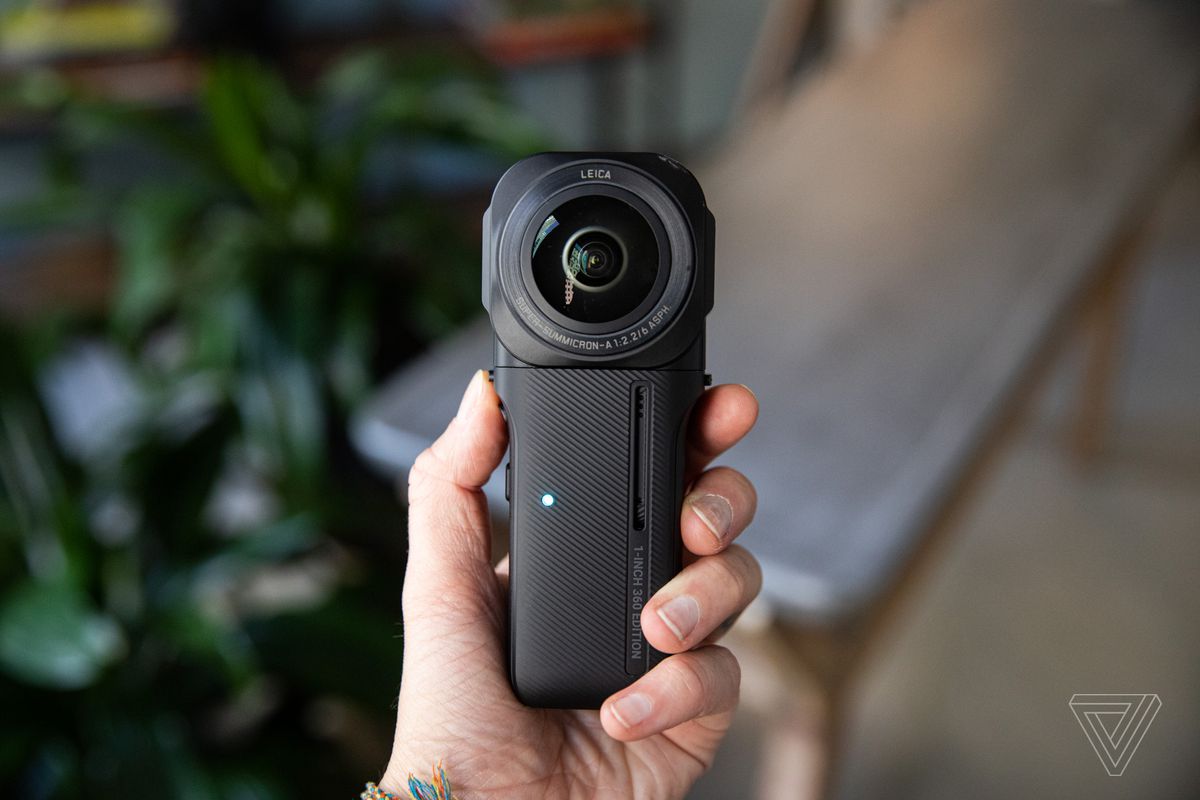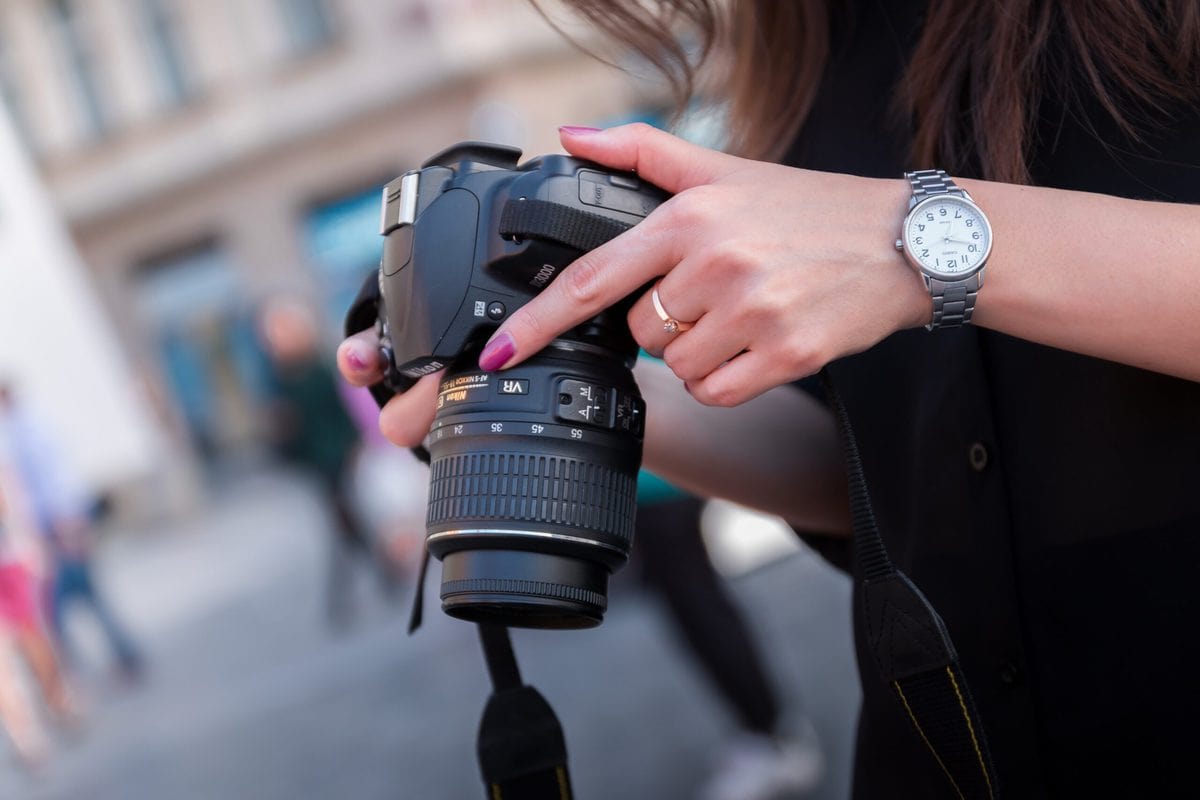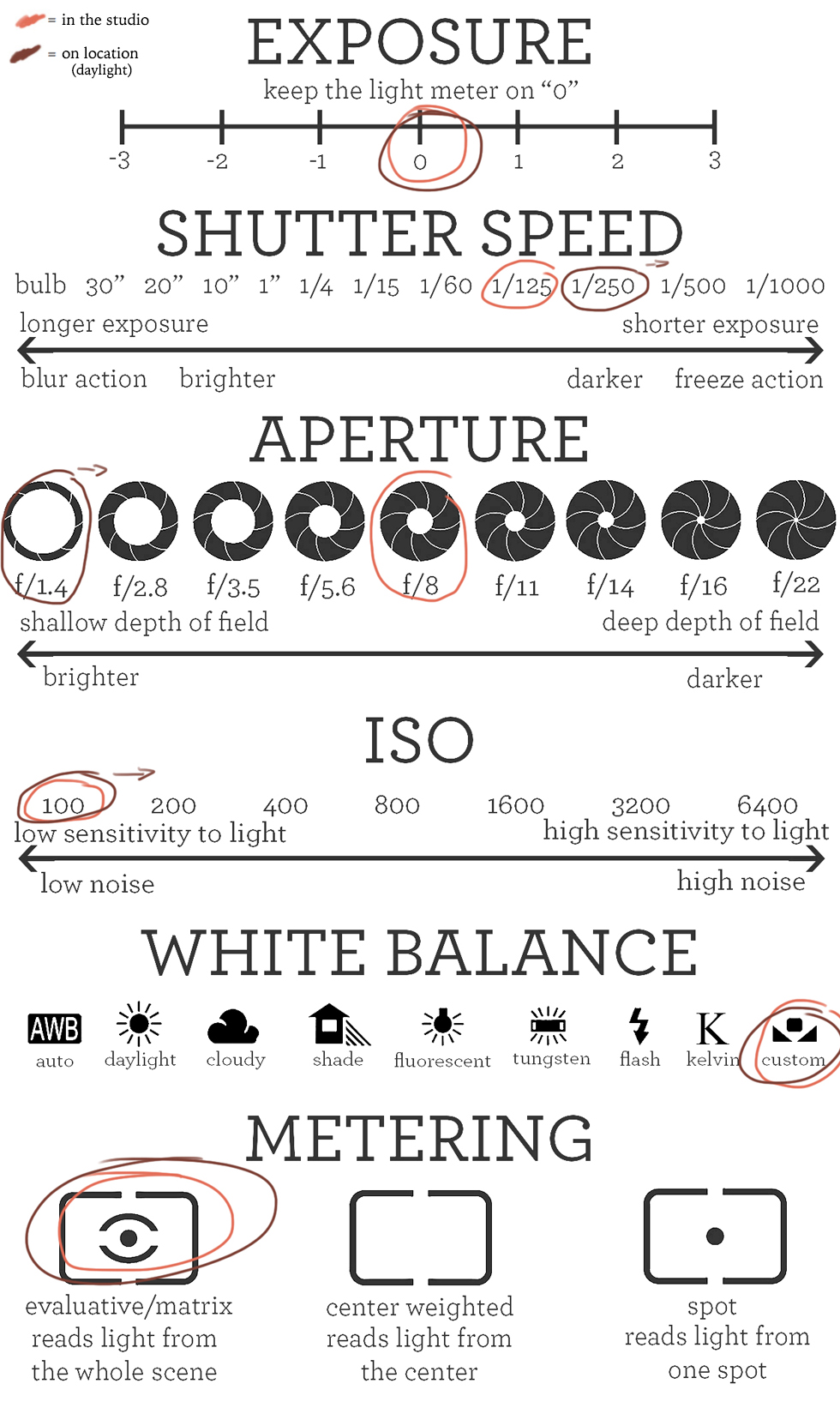
ISO is a global organisation for standardization. Its mission is promote global trade by providing standards that can be used by all countries. Its standards cover many areas such as technology, healthcare, manufacturing, security, and they help ensure safe products and services. It has more than 19,000 standards that are used all over the world.
ISO is a global organization that sets standards
The International Organization for Standardization (ISO) is an international standards development organization. It is composed of representatives from national standards organizations. The membership requirements for members must be met. ISO's main goal is to promote quality and uniformity across industries. Members can participate in standard-setting committees, which are composed of experts in the field.
ISO works with developing countries to bring them into its work. It has created a DEVCO committee to represent developing countries. It has also created correspondent membership that allows developing countries stay informed about ISO's progress. As of 2012, there were 49 countries that held correspondent membership with ISO.

It has developed more than 19,000 standards
The International Organization for Standardization ("ISO") is responsible for creating global standards. These standards cover a wide variety of subjects, including electronic and mechanical systems as well health care. These standards also address issues related to energy, logistics, distribution, and food tech. The organization has more than 19,000 standards in its database. Each year, the organization develops more than 1,000 standards.
ISO has published thousands in standards across almost every industry. Some standards are centered on management systems, including quality management (ISO 9001), environmental management (ISO 14001), and risk management. These standards are also known by the Management System Standards or MSS. They provide companies with specific guidelines to follow.
It's a non-governmental organization
ISO is an international organization that develops standards for a wide range of industries. ISO has members from over 140 countries. Its mission is facilitation of the development and maintenance of international standards. Its standards ensure safety and quality. Olle Sturen became the organization’s Secretary General in the 1970s. Sturen visited many nations and received their active participation. In the ensuing decade, Lawrence D. Eicher was elected Secretary General of ISO.
ISO is the largest international standards developer. Its members include national standard institutes in 157 nations. Geneva, Switzerland, is its central secretariat. ISO is an international non-governmental organization. However many of its member organizations are government-sponsored and mandated. For example, ISO and the International Energy Agency have been working to create a standard in electricity. Its standards can be used for national standardization and international contracting.

It is a bridge organization
ISO is a bridging organization that works to create global standards and solutions for business and society. It has an international network and a secretariat in Geneva (Switzerland) that is responsible for its management. If "International Organization for Standardization," were used worldwide, it would sound something like ISO-TC-169 or ISO-TC-169. ISO is actually derived its name from the Greek term isos, which literally means "equal".
ISO is an international consortium of national standards bodies originating from more than 160 nations. American National Standards Institute is the American representative. Each member organization works together to develop, promote, sell and promote international standards. These standards are created by the ISO General Assembly. It is made up of representatives from member nations and elected principal officers. Geneva is where the ISO headquarters are located.
FAQ
What is a good camera bag?
Camera bags are essential for protecting your gear during travel. Here are some factors to keep in mind when choosing a bag.
-
Sizing: A large bag will hold your camera and other accessories. Don't go bigger than you think you will need.
-
Durability: Buy bags made of durable materials like canvas, nylon or leather. Avoid fabric and plastic bags.
-
Protection: Make your bag waterproof against dirt, moisture and scratches
-
Organization: Consider organizing your gear by type to easily access your needs. You could, for example, place your lenses in one area, your memory card in another and your battery charge in yet another.
-
Comfort: Use a shoulder strap to carry your camera instead of a bag. You should also look for a design that is comfortable and has padded straps.
-
Price: Compare prices to get the best deal. You may find some brands that sell their products at a discount price, which is a great bonus.
-
Warranty: Ask if the company offers a warranty on its products. You will know who to call if your bag gets damaged.
Is photography a good job?
Photography is an art that allows you take pictures and share them. You can make a lot of money by taking up photography if you are willing and able to work hard. There are many routes to becoming a professional photographer. You can start by taking photos as a hobby for family and friends. This would help you improve your skills and build confidence. Once you have completed this stage you can move on and take on paid assignments. The best photographers earn a living from their craft. Photographers may be asked to photograph people at parties and weddings. However, most professionals prefer to shoot commercial projects such as product shots or advertisements.
The key to becoming a successful photographer is to find out what type of photography you enjoy. After that, practice, experiment, then master your chosen style. You can't replace experience so don’t expect to be successful overnight.
You should first develop your technical skills before you focus on creativity as a beginner. Photography is both technical and artistic. Photography is a complex art that requires both artistic and technical skills. Understanding the basics of composition can help you achieve your goals faster.
Also, consider whether or not you wish to pursue a career as a photographer full-time. Many people combine their passion for photography and other jobs. You might be able to work for a local newspaper while also pursuing freelance projects. Others may choose to devote their whole time to photography. It doesn't matter what way you go, success in any creative field requires dedication and commitment.
If you're serious about making a career in photography, you will need to invest a lot of time and effort. Consider carefully if you truly want to devote your time to such a career.
What camera should I get?
It all depends on your goals and what type of photographer you are. If you're just getting started, a basic point and click camera will suffice.
But once you are comfortable with the basics, you will probably need more. Personal preference is the only way to decide.
Here are some things to consider before purchasing a camera.
-
Features: What features do I need? Do you intend to use manual or autofocus settings? How many megapixels is your camera capable of? Is there a viewfinder on your camera?
-
Price: How much are you willing and able to spend on your camera? Are you going to buy a new camera every year?
-
Brand: Will you be happy with the brand you select? There's no reason why you should settle for less than the best.
-
Functionality: Can you use your camera in low light situations? Are you capable of taking high-resolution photographs?
-
Image Quality - How clear and sharp is your image quality?
-
Battery Life: How much time will your camera last without needing to be recharged?
-
Accessories: Do you have the ability to attach flashes, additional lenses, and so forth? ?
Which Lenses Should I Use?
The most common question beginners ask is, "what lens should I buy?" Because there are so many options, it can be difficult to choose.
The good news is you don't always need to buy a different lens with every purchase of a camera. You can always add lenses later.
There are three types possible lenses.
-
Wide Angle Lens (14mm-24mm): These lenses offer a wide field of view that allows you to capture more detail. You can zoom in to improve image quality.
-
Normal/Standard Zoom Lens (28mm - 70mm): These lenses allow you to change focal lengths while maintaining image quality.
-
Telephoto Zoom Lens (70mm - 200mm): These lenses are great for capturing distant subjects. These lenses allow you to focus on your subject, even though they may appear small in the frame.
Combining lenses can create different effects. For example, you could use a normal lens to shoot close-up details and switch to a telephoto lens to capture far away objects.
Is digital photography hard?
Digital Photography is not as easy as you think. It takes time to master the tools. To be able to take different types of shots, you must know what settings are appropriate. Experimenting is the best way of learning. Practice makes perfect.
Is photography a talent
Photography is an art form, not a talent. It requires training, experience, and practice. To master any aspect of photography, it takes years of practice and study.
Photography is also a business where you need to have a plan for how you are going to make money from it.
You need to know what type of clients you are looking for and how you can reach them.
You need to know who they are and what they want. To persuade them, you must communicate clearly and persuasively.
You will need to be organized and ready for any meeting with potential clients.
Before you approach potential customers, it is necessary to compile a portfolio. This can be done electronically using software programs or printed on paper.
After you have built a portfolio, it is time to look for ways to showcase it. This could include advertising online or directly approaching businesses.
Statistics
- Get 40% off Adobe Creative Cloud(opens in new tab) (creativebloq.com)
- This article received 13 testimonials, and 100% of readers who voted found it helpful, earning it our reader-approved status. (wikihow.com)
- While I cannot prove that all of those spots were not sensor dust, the photo was taken during a heavy snowstorm…so I guess that 99.8% of the spots are snowflakes. (bhphotovideo.com)
- There are people out there who will pick at flaws they can only see in 100% crops of your photos. (wikihow.com)
External Links
How To
What are the requirements to be a good photographer?
For any photography job, you will need to have technical and artistic knowledge as well as business acumen.
Technical knowledge includes understanding exposure settings, camera functions, lens types, film speeds, and developing techniques.
Understanding composition, lighting, and poses is essential to artistic ability. You also need to know how to use Photoshop and other editing software.
Business acumen includes budgeting, scheduling and time management. It also involves dealing with clients.
If you want to become a professional photographer, then you should have an interest in photography from a young age.
You can learn about photography by taking classes at school or college or through online courses.
You can also find many books that will teach you everything about photography.
Learning about photography is only half of the battle. It is equally important to find your own style.
This will allow your to stand out in this field.
Photography has evolved over the years. In the past, people used cameras such as Kodak Instamatic or Polaroid instant cameras.
Today digital cameras are more popular than ever before. Photographers these days use smartphones to take pictures.
It is possible to buy a smartphone that takes high-quality images, but if you really want to get into photography, you need to invest in a DSLR (Digital Single Lens Reflex) camera.
You can control all aspects of your shot with a DSLR, such as shutter speed, aperture and ISO sensitivity.
These features allow for you to create incredible photographs and effects.
You can also use these controls to alter the mood of your photograph.
For example, a fast shutter speed could blur your subject.
You could also make them appear to be moving by increasing the light entering the camera.
A color temperature adjustment can be used to modify the mood in your image.
If there is too much blue light, you can adjust the red content to make it feel warmer.
It can be confusing to know where to point your camera.
Once you get the basics down, it will be easy to see that it's not difficult at all.
It's actually easier than you think!
It is likely that you will only start out shooting landscapes or close-up shots when you first begin.
Don't worry, as you get more experience, you'll be able capture everything from abstracts to portraits.
Once you have mastered the basics, you can move on to more advanced subjects.
Here are some tips to help you get started:
-
Pick a great location. Find somewhere that you can enjoy your time and relax.
-
Find something interesting to photograph. Look for things that are unusual or unique.Try photographing flowers, animals, or even insects.
-
Practice pictures are important. Practice makes perfect!
-
Experiment with different angles. Hold your camera differently depending on what you are trying to achieve.
-
Use different lenses. Different lenses offer different perspectives.
-
Shoot in low-light conditions. It can be difficult to shoot in bright sunlight.
-
Learn how to frame your shot. Framing is one of the most important skills when capturing an image.
-
Learn how you can use your camera settings. It is a great way to improve your photography skills by experimenting with the settings of your camera.
-
Keep learning new techniques. There are many ways you can learn about photography. Visit local galleries and museums.
-
Read books and magazines. The best way to learn about photography is to read books.
-
Join a club. Photography clubs often hold events that encourage members to share their work.